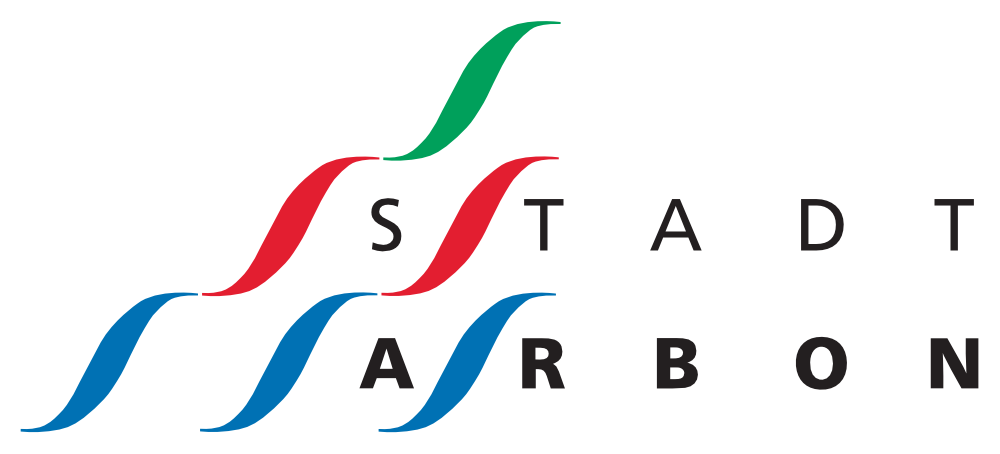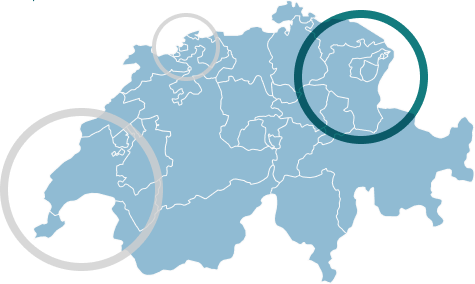Why does it matter?

We leak 8 million tonnes of plastic per year into the oceans (Jambeck et Al. 2015). That is one garbage truck per minute. Focusing only on cleaning up is not sufficient: we need to be more ambitious to prevent this pollution from reaching the natural environment in the first place.
Switzerland’s approach to waste management is unfortunately still too much focused on burning and generating energy through that process. While energy generation is interesting, burning waste generates greenhouse gases, pollution and is a destructive approach that does not allow for recovery of materials. Furthermore, in most people’s minds, circular economy is mainly about recycling and recycling innovation.
This however should be the last step considered in a circular economy transition. As Ellen MacArthur Foundation suggests, a successful transition to a circular economy starts with upstream innovation.
At the same time, in line with a high standard of living, both resource and energy consumption per person, and the respective CO2 emissions in Kanton Thurgau are very high in comparison to those in less developed countries (source).
The canton is characterized by a thriving agricultural sector, which offers a good potential for shorter supply chains in consumer goods and more local consumption. The strong SME sector present can also benefit from more sustainable and innovative business practices and collaboration across sectors when exploring circularity.
Arbon, with its 6500-year-old history and many reinventions, is now a future- and sustainability-orientated city. This makes Arbon a fertile soil for the pilot of Future of Waste within Eastern Switzerland. Through this process, the city can position itself as a national pioneer for innovation, cross-sectorial collaboration and sustainability.






